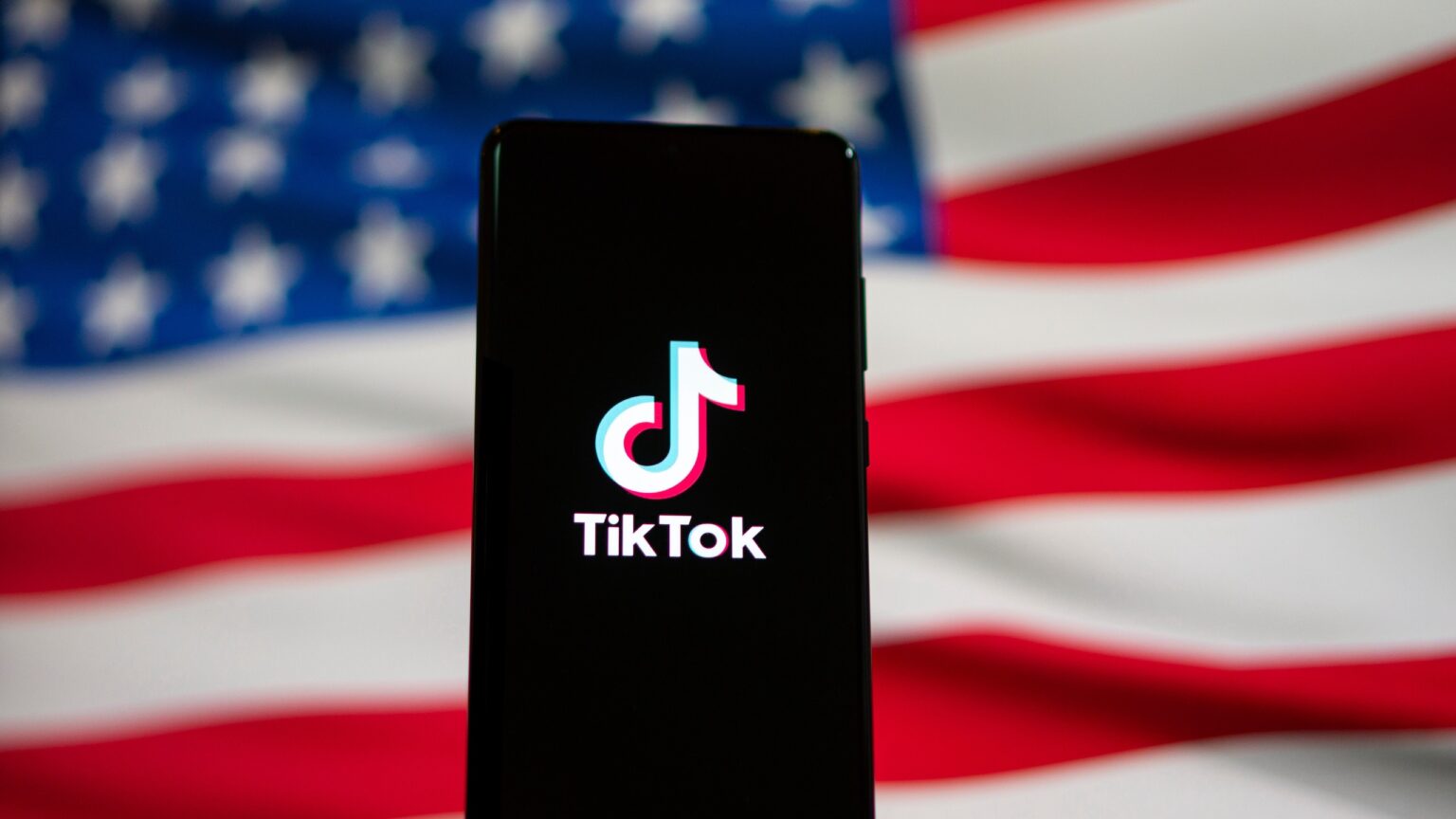Montana Govenor Greg Gianforte on Wednesday signed into a law a measure that banned TikTok from operating in the state completely. The ban, which takes effect on Jan. 1, 2024, is the first of its kind in the United States.
Gianforte, a Republican, said he signed the law to protect Montanans’ privacy and security. He has repeatedly accused the popular video sharing app of being a security risk, alleging that the Chinese government could use the app to collect data on American users.
“Today, Montana takes the most decisive action of any state to protect Montanans’ private data and sensitive personal information from being harvested by the Chinese Communist Party [CCP],” Gianforte said in a statement.
The new law prohibits downloads of TikTok in Montana. App stores face a $10,000 daily fine for each time a user “is offered the ability” to access the social media platform or download the application. The penalties do not apply to ordinary users.
Also read: Biden Administration Demands China’s ByteDance Sell TikTok to Avoid Ban
Montana ban criticized
Montana’s ban comes as TikTok, owned by Beijing-based tech company ByteDance, faces growing pressure for its alleged links with the CCP. Around 30 U.S. states and the federal government have since barred TikTok from being used on government-owned devices.
In recent months, several countries, including Belgium, Canada, Denmark and India have also taken similar measures. As MetaNews previously reported, a former ByteDance executive claimed the tech giant served as a “propaganda tool” for the Chinese government.
ByteDance dismissed the allegations as unfounded. TikTok spokesperson Brooke Oberwetter said the company is committed to protecting user privacy. She denied TikTok shared user information with Chinese authorities.
“We want to reassure Montanans that they can continue using TikTok to express themselves, earn a living, and find community as we continue working to defend the rights of our users inside and outside of Montana,” Oberwetter said in a statement, as AP reported.
Free speech advocates see the TikTok ban as a violation of their First Amendment rights and will likely challenge it in court.
“This law tramples on our free speech rights under the guise of national security and lays the groundwork for excessive government control over the internet,” said the American Civil Liberties Union in a tweet.
“Elected officials do not have the right to selectively censor entire social media apps based on their country of origin.”
Observers say Gianforte’s ban could be difficult to implement. American journalist Kara Swisher called the ban “goofyball” and “as dopey as virtue signaling gets.”
“He [Gianforte] still needs to bring actual proof to his shredding the Constitution party. Until then, he’s just another blah blah popinjay whose legislation will get torched by the courts. There are legal ways to protect data, but we’re being led by dimwitted shortcut takers,” Swisher wrote on Twitter.
Extending TikTok ban to ‘foreign adversaries’
In his letter, Gianforte alleged TikTok “harvests expansive amounts of personal information and data from its users’ devices, much of which is unrelated to the app’s purported objective of video sharing. It is well documented that the company provides such information and data to the Chinese Communist Party.”
TikTok is just one app tied to foreign adversaries. Today I directed the state’s Chief Information Officer to ban any application that provides personal information or data to foreign adversaries from the state network. pic.twitter.com/92Im6D9Jgx
— Governor Greg Gianforte (@GovGianforte) May 17, 2023
He also issued a memorandum to Montana’s chief information officer calling for the ban to be extended to other social media apps “tied to foreign adversaries”. It includes WeChat, China’s equivalent of WhatsApp, and Telegram, which was founded by two Russian-born entrepreneurs.
TikTok is a social media app that allows users to create and share short videos. The app is widely popular, with more than 1 billion active users throughout the world. In the U.S., TikTok boasts over 150 million users and reportedly employs around 7,000 people.
The app has been criticized for its data collection practices. TikTok collects a wide range of data from users, including their location, phone number, and browsing history. The firm says it uses this data to improve user experience.
But critics have raised concerns about the potential for this data to be used for surveillance or other malicious purposes. For its part, TikTok has sought to clarify to U.S. lawmakers that China does not influence how it runs its operations.
The company pledged to spend $1.5 billion on a program to protect U.S. user data and content from Chinese government access or influence.









 and then
and then